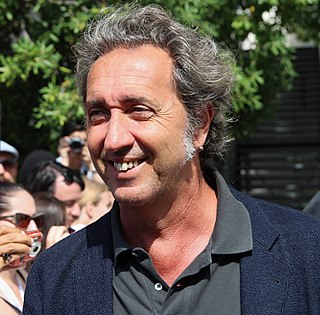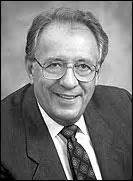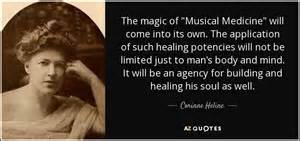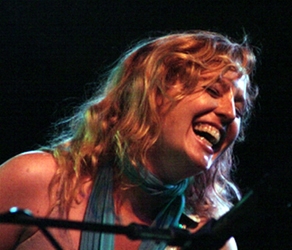A Quote by Paolo Sorrentino
Rome is a city where in every corner you have a reminder of the sacred world. That's why I have sacred music, minimalist sacred music, which is also music I like, because at the end of the day, that's what I want to do.
Related Quotes
Pathology is a relatively easy thing to discuss, health is very difficult. This, of course, is one of the reasons why there is such a thing as the sacred, and why the sacred is difficult to talk about, because the sacred is peculiarly related to the healthy. One does not like to disturb the sacred, for in general, to talk about something changes it, and perhaps will turn it into a pathology.
The Medicine Man occupied the honored role of priest and physician to his tribe. They understood that healing was done by the intercession of celestial spirits. Music was used as the bridge between these planes. Thus we see why music was religious in nature, and music was looked upon as a sacred art.
What we call music in our everyday language is only a miniature, which our intelligence has grasped from that music or harmony of the whole universe which is working behind everything, and which is the source and origin of nature. It is because of this that the wise of all ages have considered music to be a sacred art. For in music the seer can see the picture of the whole universe; and the wise can interpret the secret and nature of the working of the whole universe in the realm of music.
Music needs to have a real sacred setting for people to understand it. You've got to start things off with friends who are like-minded or even strangers that are like-minded. Sending your music to established artists or labels or magazine, I mean there is something to be said for tenacity, for trying to pursue recognition that way, but it just doesn't make sense for the best work. And if you do make an amazing work, it's sometimes not the best way to be heard. You have to get on a sacred space, like a stage, and do your testifying that way.






































